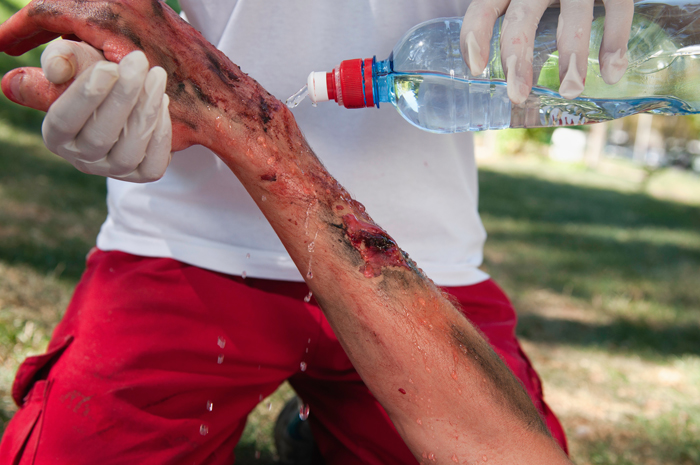
With Halloween around the corner, one of the season’s staples, haunted houses, will soon be opening their doors to customers. While visiting a haunted house can be a lot of fun, it can also be dangerous if those who own, manage or work at the facility fail to do everything necessary to ensure the safety of guests. In such cases, what started out as a fun evening can quickly turn into a tragic one if you or someone you love is the victim of a haunted house accident or injury.
Common Types of Haunted House Accidents
Unfortunately, injuries resulting from haunted house accidents are not uncommon. Here are a few of the types of injuries that guests can suffer while visiting a haunted house:
- Employees going too far – While it is the job of haunted house workers to scare customers. In some instances, they can go too far, such as getting too close to a guest or even grabbing him or her. In such cases, a visitor can sometimes pull away awkwardly out of fear and end up tripping on something and falling.
- Slip and falls – Due to the fact that haunted houses are usually dimly lit or even pitch black in some places, if there is a trip and fall or slip and fall hazard, such as exposed electrical cords, a spill or uneven floors, guests can often suffer falls.
- Falling objects – In some cases, some of the props inside a haunted house can be improperly installed, leading to them coming loose and falling on customers.
If you are injured in a haunted house accident, you should speak to an experienced personal injury lawyer as soon as possible. These types of accidents and injuries fall under premises liability law. An attorney can analyze your situation, explain whether you have grounds for a premises liability claim, answer your questions and tell you the best options available to you and your family going forward.
Pennsylvania and New Jersey personal injury attorney James W. Sutton, III has been successfully protecting the rights of injury victims in our community for over 17 years. He and his team are dedicated to bringing negligent individuals and institutions to justice and securing the financial help their clients need for medical bills, loss of income and rehabilitation expenses.